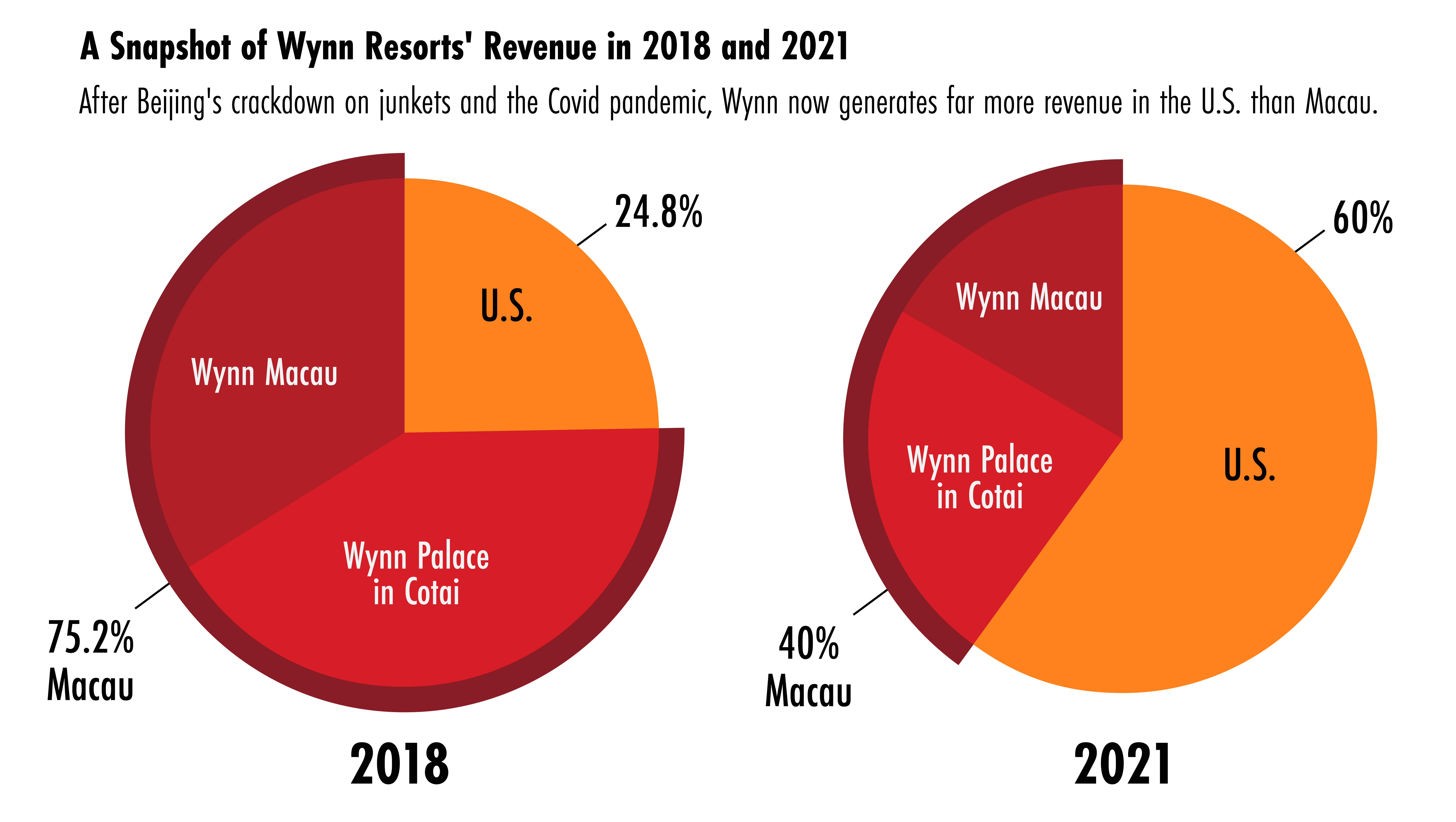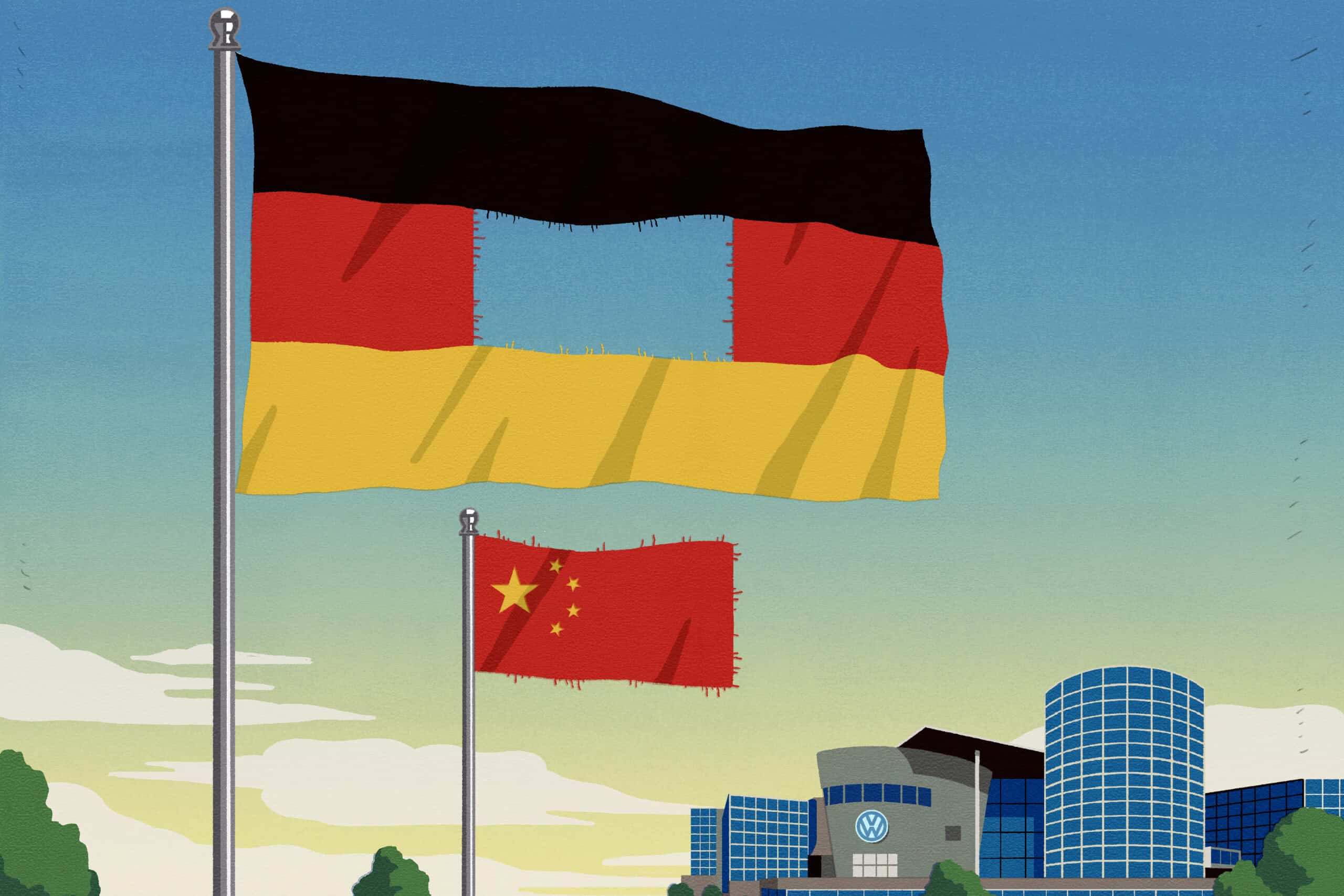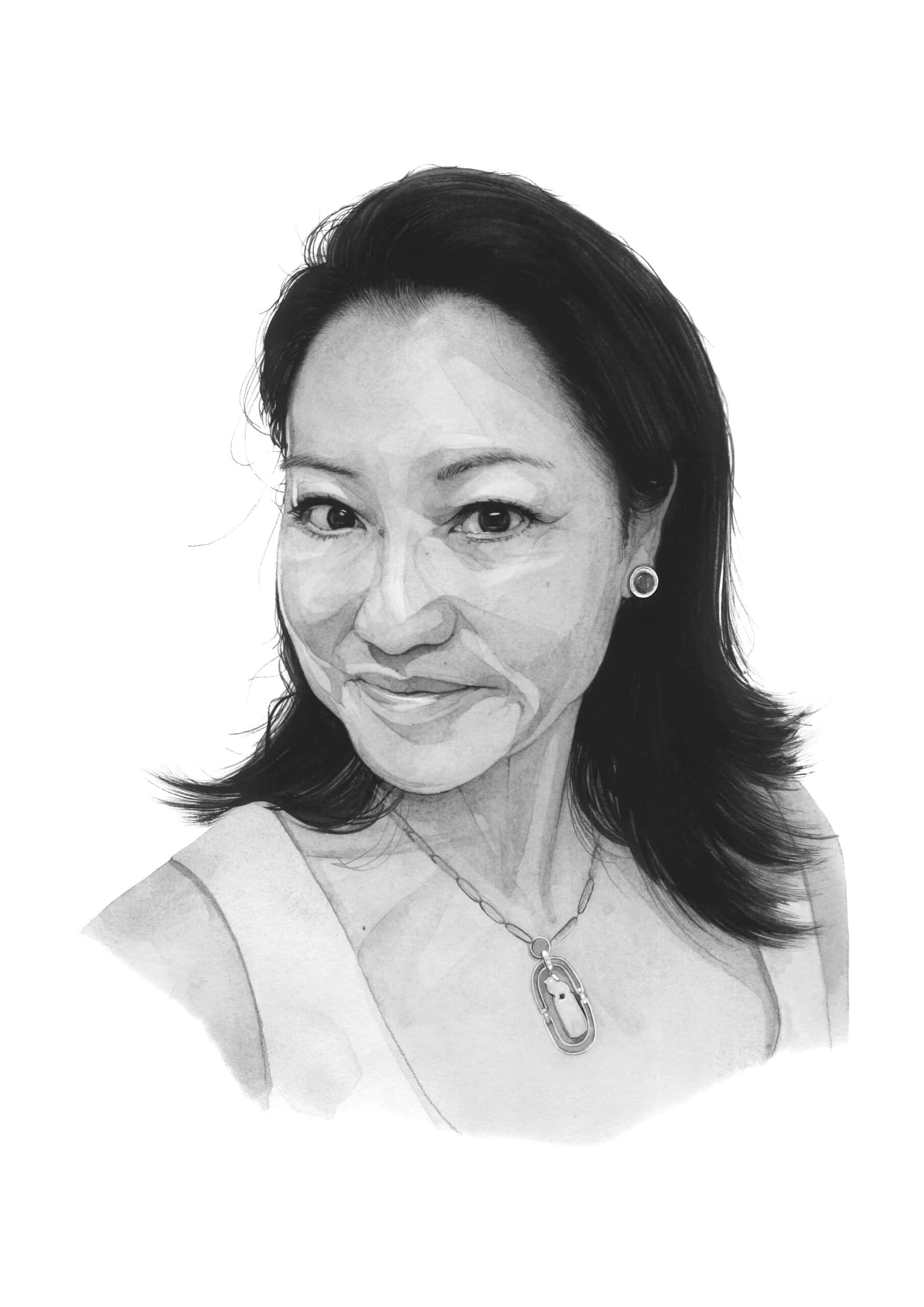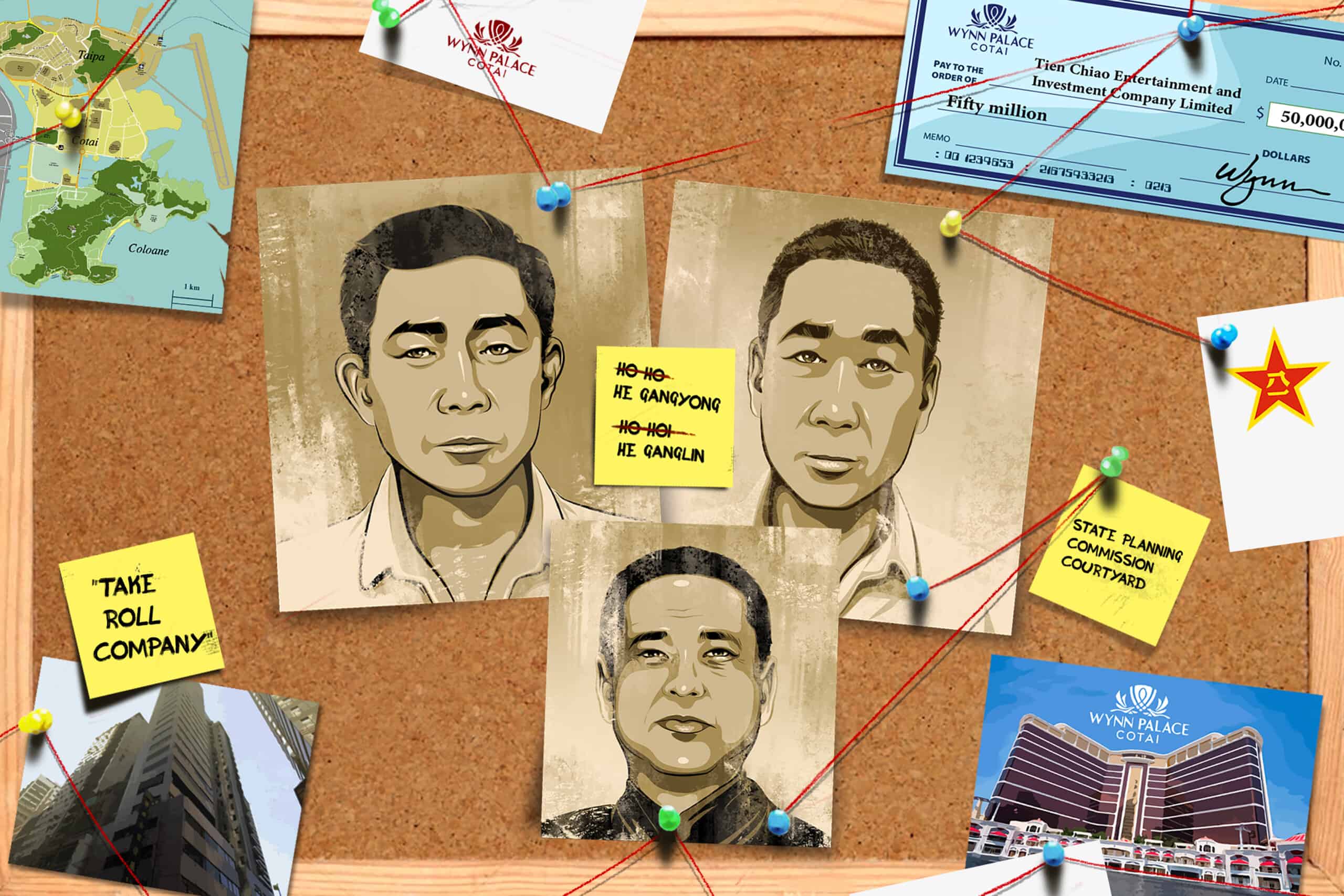
This is the conclusion of a two-part series on how Wynn Resorts, one of the world’s biggest casino operators, pursued a deal to acquire land in Macau’s Cotai Strip from a pair of Chinese businessmen.
Steve Wynn has said it was a simple real estate deal: In 2005, when Wynn Resorts wanted to build a second casino in Macau, China’s fast-growing gambling hub, the government told him the land had already been committed to someone — a man named Ho Ho. In order to get access to the land, Wynn Resorts paid a company linked to Ho Ho $50 million.
But the deal — which resulted in the Wynn Palace, the “single most important project” in the company’s history — prompted questions from the very start, namely because, as Part One of this series showed, Ho Ho was virtually unknown. He did not have documented rights to the land and his associates, including a man named Ho Hoi, had minimal paper trails and no known experience in casinos or hospitality. In fact, none of the people Wynn Resorts paid had a significant presence in Macau before or after signing on the dotted line.1A Wynn subsidiary in Macau, Palo Real Estate, was the firm that made the $50 million payment.
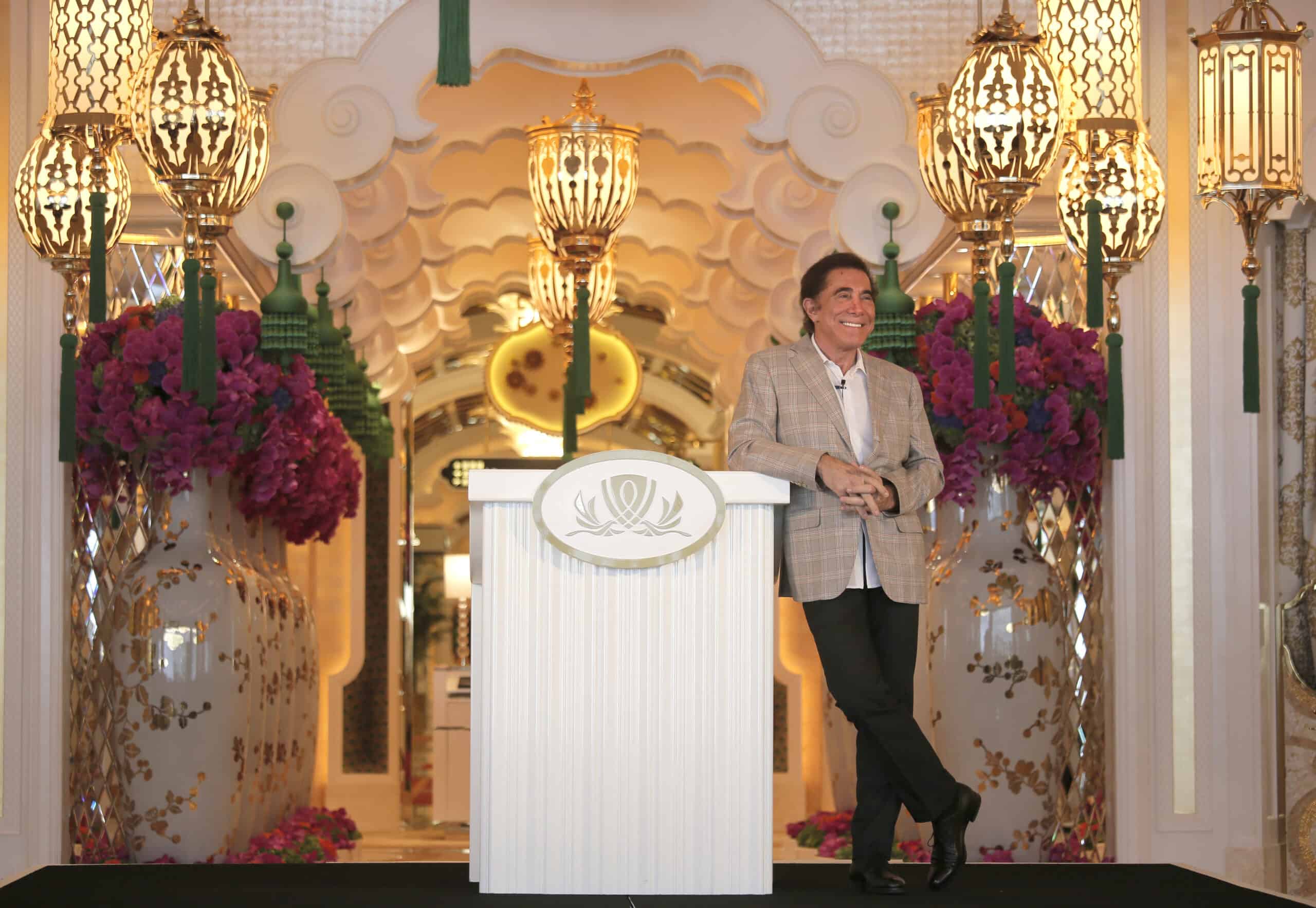
Lawyers for both Wynn Resorts and Steve Wynn, who has since left the company, insist that because the deal was finalized a decade ago, further examination of it is pointless; it merely recirculates rumors meant to disparage both the man and the company at a critical moment for both: Wynn Resorts is in the final negotiations for a new license in Macau, and Steve Wynn was accused in May by the Justice Department of lobbying the Trump administration on behalf of the Chinese government. (Although the case was dismissed by a judge in October, the DOJ filed an appeal on Friday.)
But The Wire’s four-month-long investigation has uncovered why many previous inquiries into the deal likely led to dead ends: Ho Ho and Ho Hoi were using aliases. The two men’s names are He Gangyong and He Ganglin.
The International Union of Operating Engineers, an American union representing casino workers, originally put out materials in 2014 accusing both Ho Ho and Ho Hoi of using aliases, but because no media organization confirmed it, the alias theory remained just that — a theory. To confirm their identities, The Wire’s investigation drew on Hong Kong corporate filings, land records, signatures, birthdates and government identity cards, as well as a review of data from the WireScreen platform2WireScreen is affiliated with this magazine and owned by The Wire Digital Inc. and the Panama Papers, which were shared by the International Consortium of Investigative Journalists and Süddeutsche Zeitung.
Far from quelling any rumors about the circumstances of the deal, this discovery only leads to more questions. He Gangyong and He Ganglin are brothers who have spent their entire lives in Chinese power circles. Hailing from an elite military family in Beijing, they have a maze of corporate holdings, both onshore and offshore, and indirect business connections to the family of Xi Jinping, China’s supreme leader.
While we did not find any proof of wrongdoing, the He brothers’ involvement in Macau represents the murky waters that U.S. casino companies waded through to set up shop in the Chinese territory.3No regulatory body has ever accused Wynn Resorts or its affiliates of any wrongdoing in the Cotai land deal. In 2018, after Wynn struck the deal with Ho Ho and opened the Wynn Palace, three quarters of the company’s nearly $7 billion in global revenue came from the tiny Chinese island.
Uncovering the identities of the He brothers was not easy. Using the Chinese characters provided by “Ho Ho” in Macau records, The Wire queried the Hong Kong corporate registry, which led to a man using the English name He Japo and citing an address in Hong Kong. Land records for that address reveal a man named He Japo who uses the Chinese characters for He Gangyong. They also provide a Chinese identification number, which reveals his birthday and that he is from the Xicheng District in Beijing, a large area of the capital that also encompasses the Forbidden City and the central government’s leadership compound.
There were other clues that Ho Ho was, in fact, He Gangyong. The birthdate of He Gangyong, for instance, matches the birthdate on Ho Ho’s Macau government-issued identity card, a copy of which was obtained by The Wire. In addition, photographs that appear on an online blog maintained by He Gangyong appear to be consistent with Ho Ho’s Macau ID card, and mainland China records reviewed on WireScreen also reveal that He Gangyong is business partners with Zhang Luchuan, one of Ho Ho’s associates in the land deal with Wynn Resorts, further triangulating their identities.
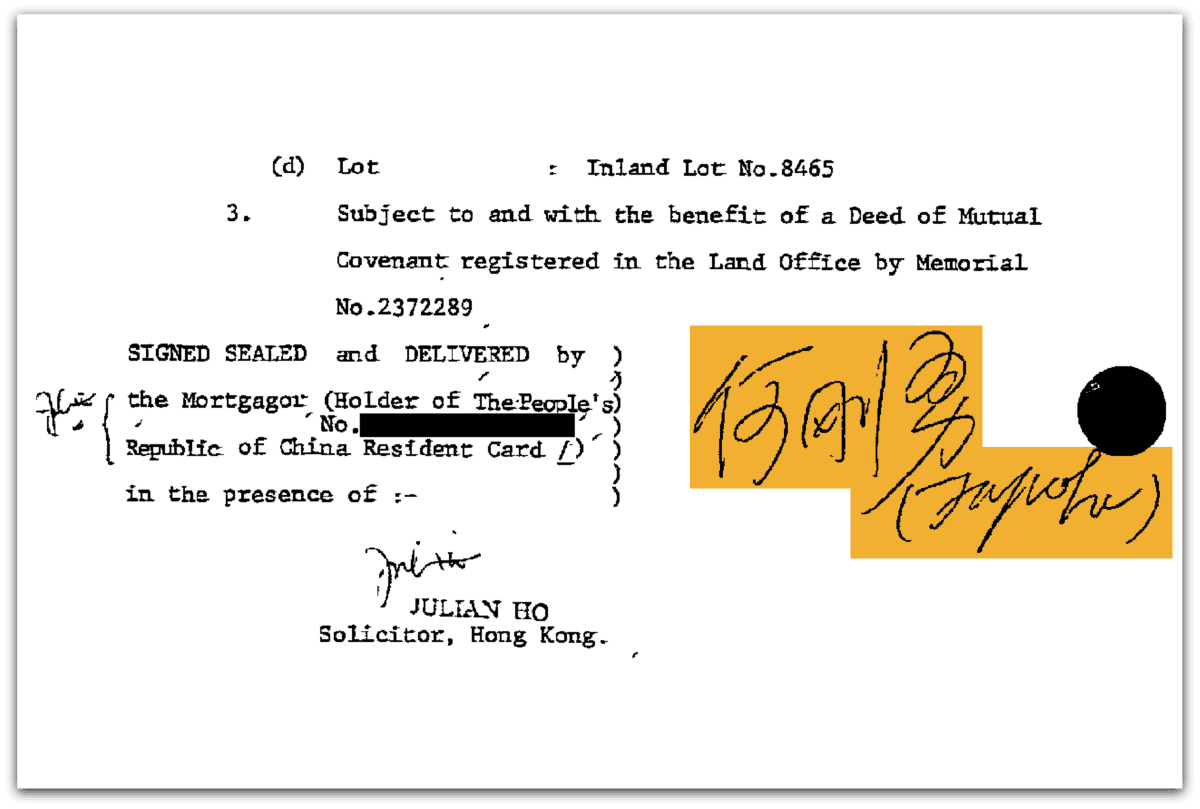
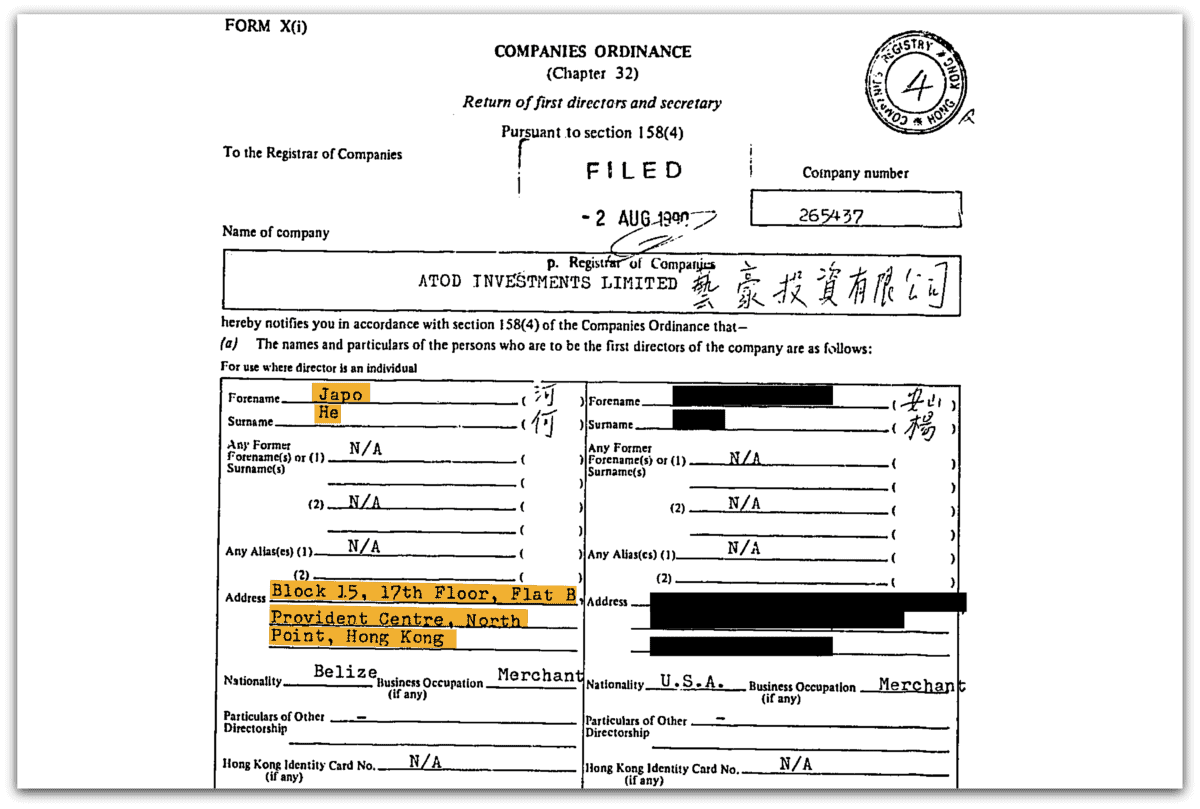
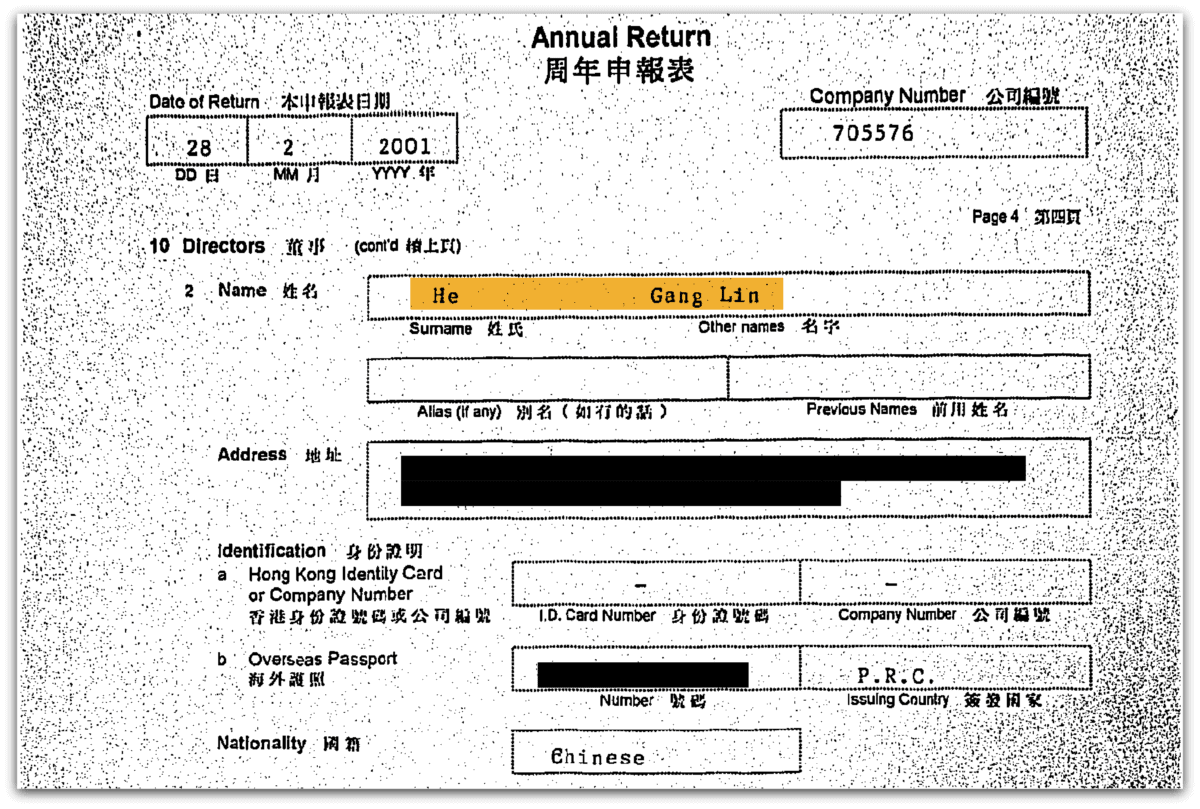
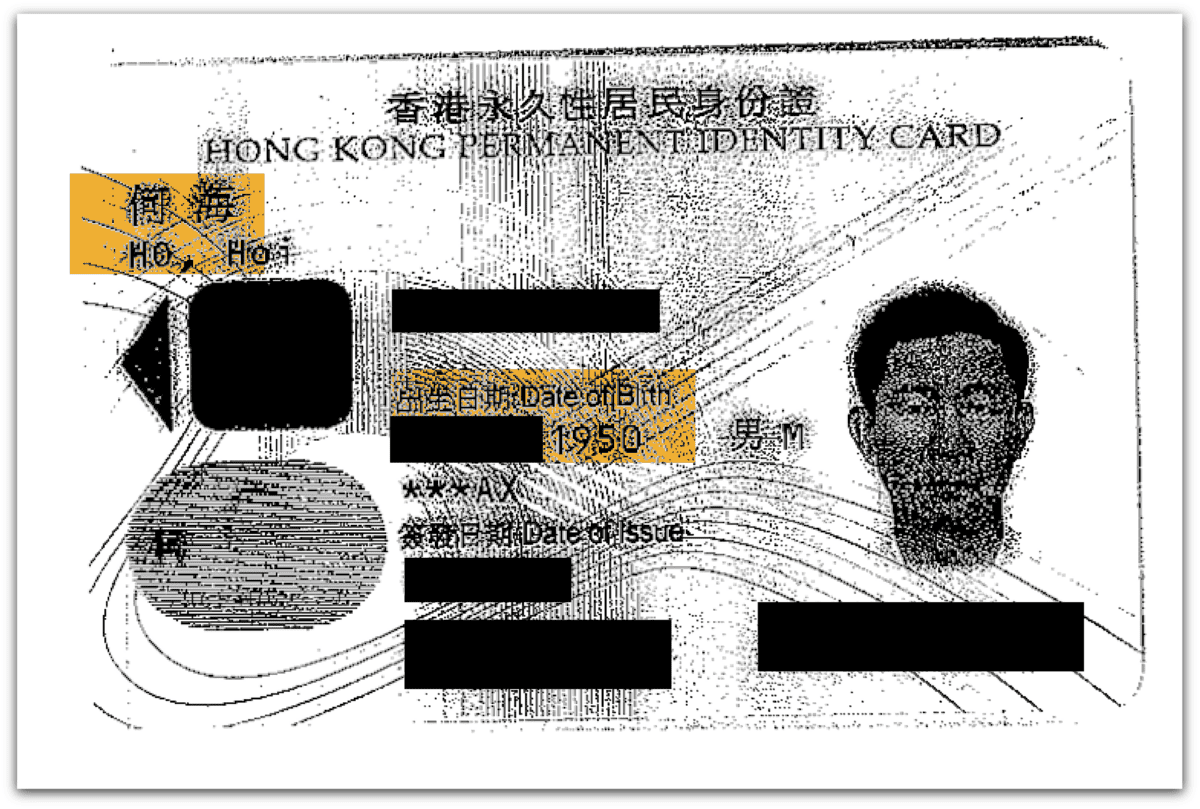
A few examples of the Hong Kong corporate records, land registry filings, and identification cards from the Panama Papers The Wire examined to confirm the original names of the He brothers.
Meanwhile, a Hong Kong ID for his brother, Ho Hoi, released in the ICIJ’s Panama Papers disclosures, reveals a birthdate that matches that of an individual named He Ganglin in Hong Kong records; and WireScreen data shows overlapping business interests between He Ganglin and Zhang Luchuan — the brothers’ business partner in Macau.
Tracing the He brothers’ path from an upbringing in Beijing to a $50 million deal in Macau – and mapping out their network of associations – is the subject of this story.
Lawyers for Wynn Resorts argue vigorously that there was nothing unusual about the land deal and that it was properly vetted by the company’s internal counsel and outside law firms before any payment was made. The company and its legal counsel declined to share details about the due diligence investigation’s results, citing Macau privacy laws.4Wynn Resorts insists there was an informal earmarking system in place in Macau. The company also says it is prohibited by the Macau Personal Data Privacy Act from disclosing personal data outside of Macau.
Wynn Resorts has also strongly objected to the characterization of “Ho Ho” and “Ho Hoi” as aliases, arguing that the names are merely the Cantonese translations of the He brothers’ names in Mandarin, which is more widely used in mainland China. “It is quite common for individuals from areas in which Mandarin is spoken to adopt similar names using the local Cantonese dialect, and vice versa,” they say.
A Cantonese language expert with whom The Wire spoke disagreed, saying that these are not direct translations. The Mandarin versions of Ho Ho and Ho Hoi would be He He and He Hai.
Spokespersons working for Wynn Resorts say the Macau land they were seeking to build on was originally earmarked for Ho Ho because he planned to build a “Taiwan House,” an entertainment venue that was supposed to cater to tourists from Taiwan. The Wire was unable to find proof that such a project was envisioned on that land and did not identify anything in the brothers’ background that would indicate an expertise in hospitality.
Palmina Fava, a partner in the New York office of the law firm Vinson & Elkins, says this would typically be a red flag in a company’s review of compliance with the Foreign Corrupt Practices Act, the U.S. law that prohibits U.S. individuals and businesses from making payments to foreign government officials to assist in improperly obtaining or retaining business.
When evaluating a deal like Wynn’s payment to Ho Ho, Fava says, “I ask, ‘what value is the person bringing?’ If you are finding evidence that [the business partners] have no documented rights to the land or requisite skill set, ask more questions.”
He Gangyong and He Ganglin are now 69 and 72 years old, respectively. The Wire could not reach either brother for comment, and many of their former and current associates either did not respond or declined to comment on The Wire’s questions.
But by delving into the He brothers’ past, including their use of multiple names and passports, repeated brushes with China’s political elite, and minimal footprint in Macau, our investigation raises fundamental questions about how they ended up in the middle of a $50 million deal with one of America’s biggest casino companies.
‘AHEAD OF THE PACK’
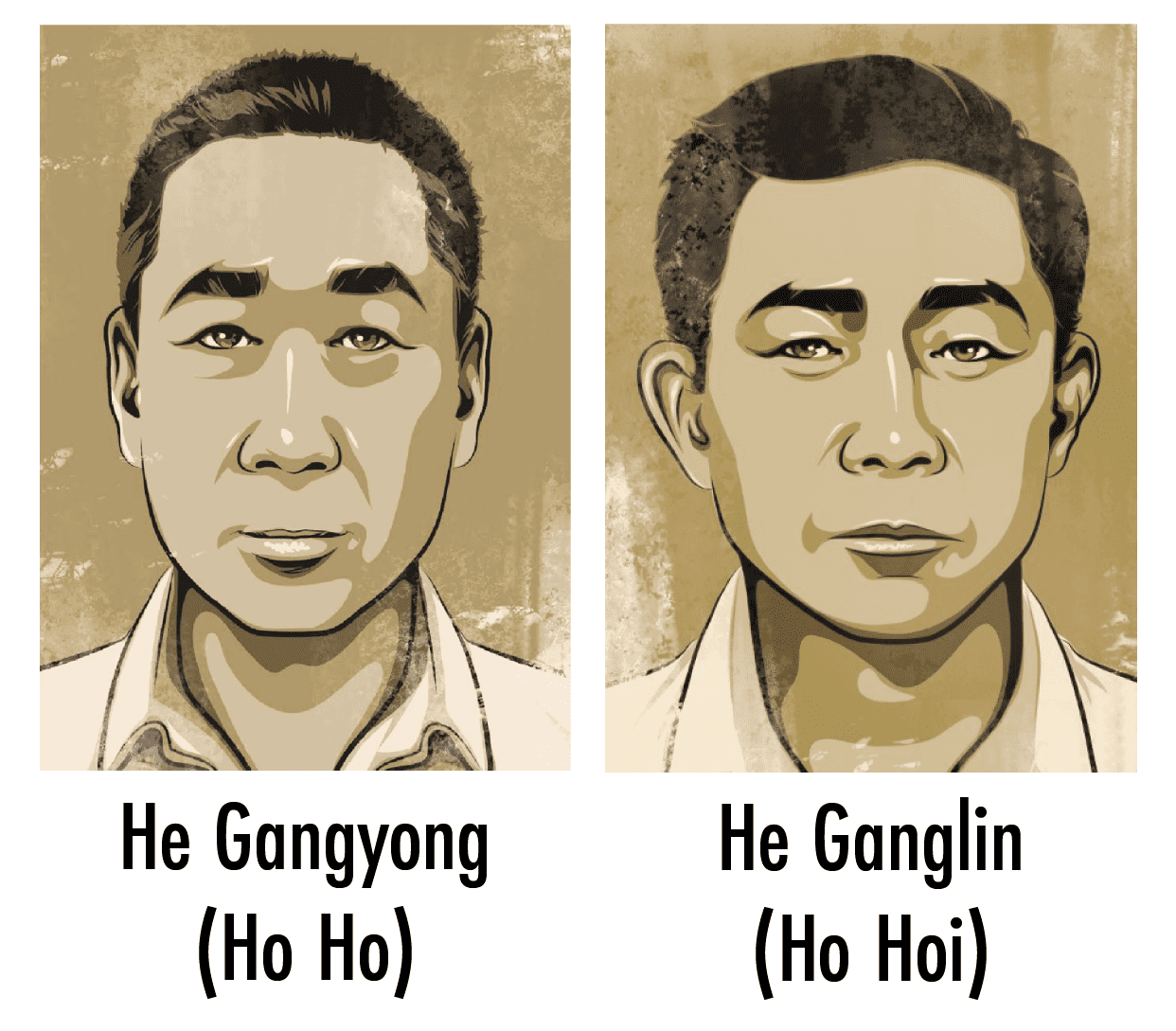
Located in western Beijing, the “State Planning Commission courtyard”5The name references a residential compound connected to the former State Planning Commission, now known as the National Development and Reform Commission. consisted of a series of square, Soviet-style blocks. But even though the drab brick structures were entirely unassuming, the courtyard was well known for its uniquely influential group of residents. It was called, as one article noted, the “aristocratic compound.”
He Gangyong (Ho Ho) and his two brothers — He Ganglin (Ho Hoi) and He Gangqiang — grew up in this courtyard. According to a blog managed by He Gangyong, their mother came from an esteemed military family — her father attended the Baoding Military Academy, which is often referred to as the “cradle of generals,” alongside Chiang Kai-shek. And He’s father joined the army at the age of 16 to fight the Japanese during World War II, and later held a series of positions in the Chinese central government, including in the country’s security apparatus.
The Beijing courtyard was a veritable playground of princelings and political elite. Home to 200 ministers and vice ministers, it counted Chinese premier Zhu Rongji and Chinese president Jiang Zemin as former residents, according to Chinese media outlets.
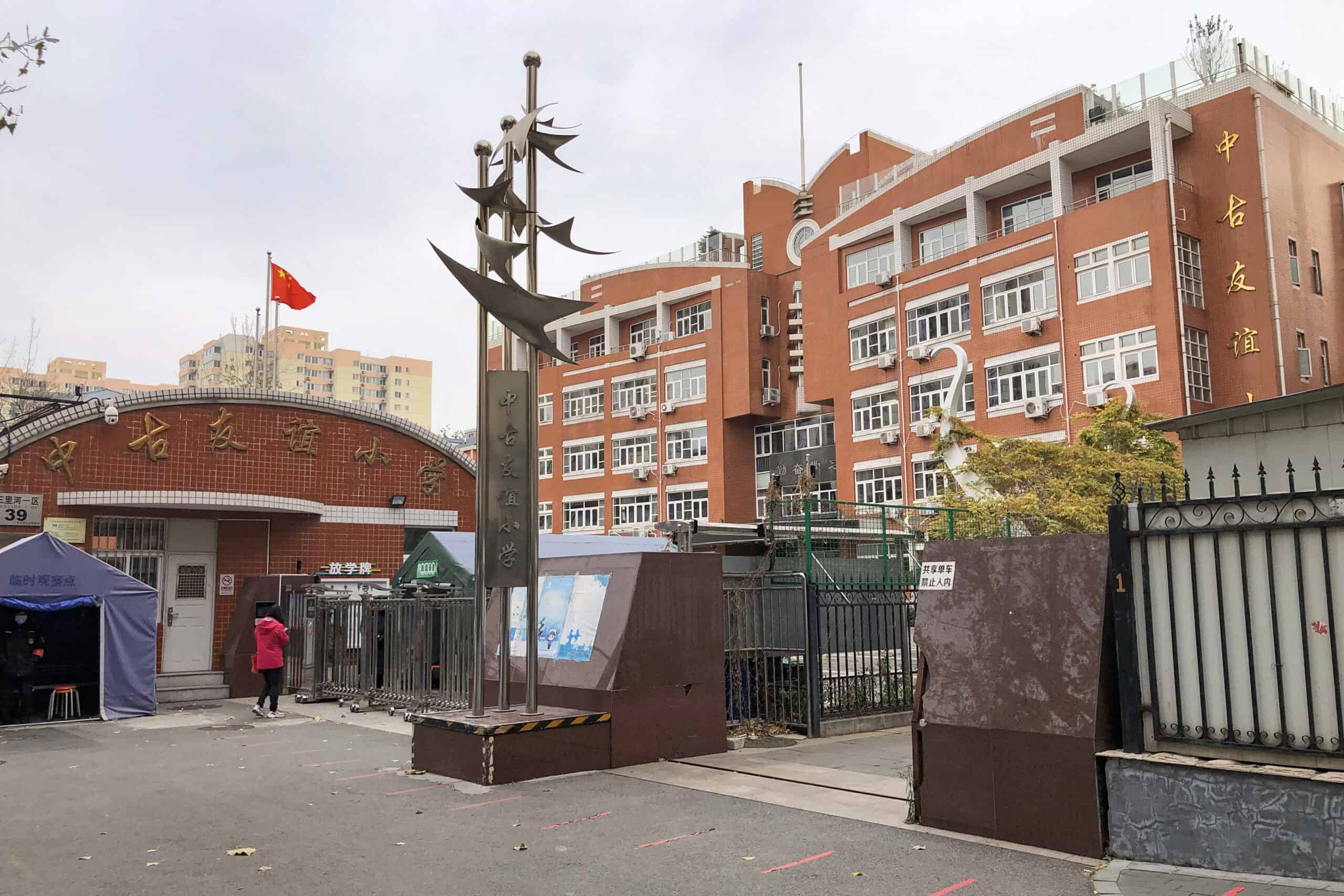
“That courtyard provided the ideal environment for building connections. It housed the key officials, their spouses, their children,” says Minxin Pei, a scholar of elite Chinese politics at Claremont McKenna College in California, adding that the State Planning Commission was a very powerful government organ at the time. “[The He brothers] must know a lot of important people and have a huge chunk of social and political capital.”
After attending the China-Cuba Friendship Primary School with the other children of the compound, He Gangyong joined the military in the 1970s, according to his blog.6Another site, which served as a reunion platform for the compound and has since been taken down, indicates he attended the China-Cuba Friendship School. It’s unclear how high he rose in the military’s ranks, but in 1988, then in his mid-30s, he moved to Hong Kong and bought an apartment in North Point, overlooking Kowloon Bay.

He Gangyong, it seems, was savvy. In 1989, when he set up what appears to be his first company, he was already armed with a second passport from Belize — which Pei notes made him “ahead of the pack” of other wealthy Chinese. His company, Atod Investments, subsequently brokered a series of joint ventures with state firms in mainland China7This type of ‘round-trip’ investment, in which mainland Chinese business people opened companies in Hong Kong to invest back into mainland China, was common because foreign investors, which included Hong Kong, received preferential treatment and government incentives. in the paper production and battery business, according to WireScreen.8Atod got ensnared in legal action. According to a 1992 court writ, a Hong Kong bank accused the company of failing to repay 6 million Hong Kong dollars. Another investment He made, a restaurant and nightclub venture in Hong Kong, also ended in a lawsuit — the man who started the project embezzled money from the investors, including He and Pamela Peck, a famous Hong Kong radio host-turned-politician.
Pei says that military officials were very involved in the business world at the time. “In the 1980s in particular, because the military did not get a lot of government appropriations, the policy was that the government would look the other way when the military got involved in business, in some cases illegitimate business,” he says.
He Gangyong also married into another well-connected family. According to Hong Kong media reports, his wife at the time was Qiu Haining, who was from a Beijing military family and had served in the military herself.9The Wire was unable to confirm their marriage, but did find that a woman named Qiu Haining served as the company secretary for Atod. An investor in one of He’s early Hong Kong projects told The Wire that He’s wife was related to Liu Huaqing, who is often referred to as the “father of the modern Chinese Navy.” Qiu Haining, through a representative, declined to comment.
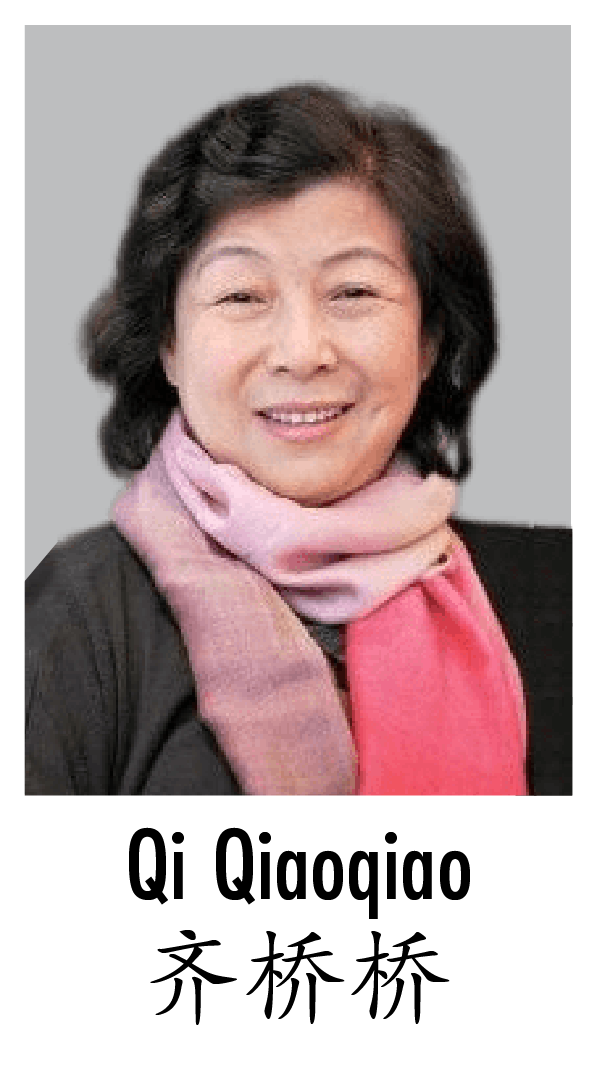
He’s impressive network even overlapped indirectly with the family of Xi Jinping. Documents show that all three He brothers were connected, at various times, to key individuals from a Hong Kong shipping company named Take Roll. Take Roll individuals, in turn, were linked to companies with the Xi family on two separate occasions.
In 1998, one Take Roll shareholder set up a tobacco trading firm in Hong Kong with both Qi Qiaoqiao and Deng Jiagui, the sister and brother-in-law of Xi Jinping. And another Take Roll director took over from Deng Jiagui as president of a Panama-based tobacco trading firm.
Deng Jiagui and Qi Qiaoqiao (who also goes by the name Chai Lin-hing) are 72 and 73 years old, respectively, and are well known for using their family’s status to facilitate business deals. A 2012 Bloomberg investigation into the wealth of Xi’s extended family found that the couple held most of the family’s assets through millions of dollars of investments in rare earths companies and real estate, some of it registered in Hong Kong. Deng Jiagui also appeared in the Panama Papers as the owner of several offshore companies.

The Wire uncovered the connection between the He brothers and Take Roll partly by following a series of addresses and ID cards used by the He brothers. He Gangyong, for example, uses the Hong Kong ID number of a Take Roll director in filings for Atod.10He Gangyong’s partner in Atod used the ID card of another Take Roll director. The Wire confirmed that these ID cards belonged to the Take Roll executives by accessing their identity card images in the Panama Papers. This interchanging of ID numbers is illegal, according to Hong Kong law. According to the Macau corporate records for Tien Chiao Entertainment and Investment — the Macau company that received $50 million from Wynn Resorts — He Ganglin’s (or Ho Hoi’s) address is an office in Hong Kong’s central business district used and owned by Take Roll at the time. And in the Panama Papers, a Take Roll director is referenced as an accountant for a company controlled solely by He Gangqiang, the third He brother.
He Gangyong and Qi Qiaoqiao, Xi Jinping’s sister, owned property in the same apartment complex in Hong Kong’s Braemar Hill, according to land records.11Qi Qiaoqiao uses the name Chai Lin-hing in the filing. He Gangyong sold his apartment the same month Qi bought hers, according to land records. But The Wire found no direct connection between a He family member and a member of Xi’s family.
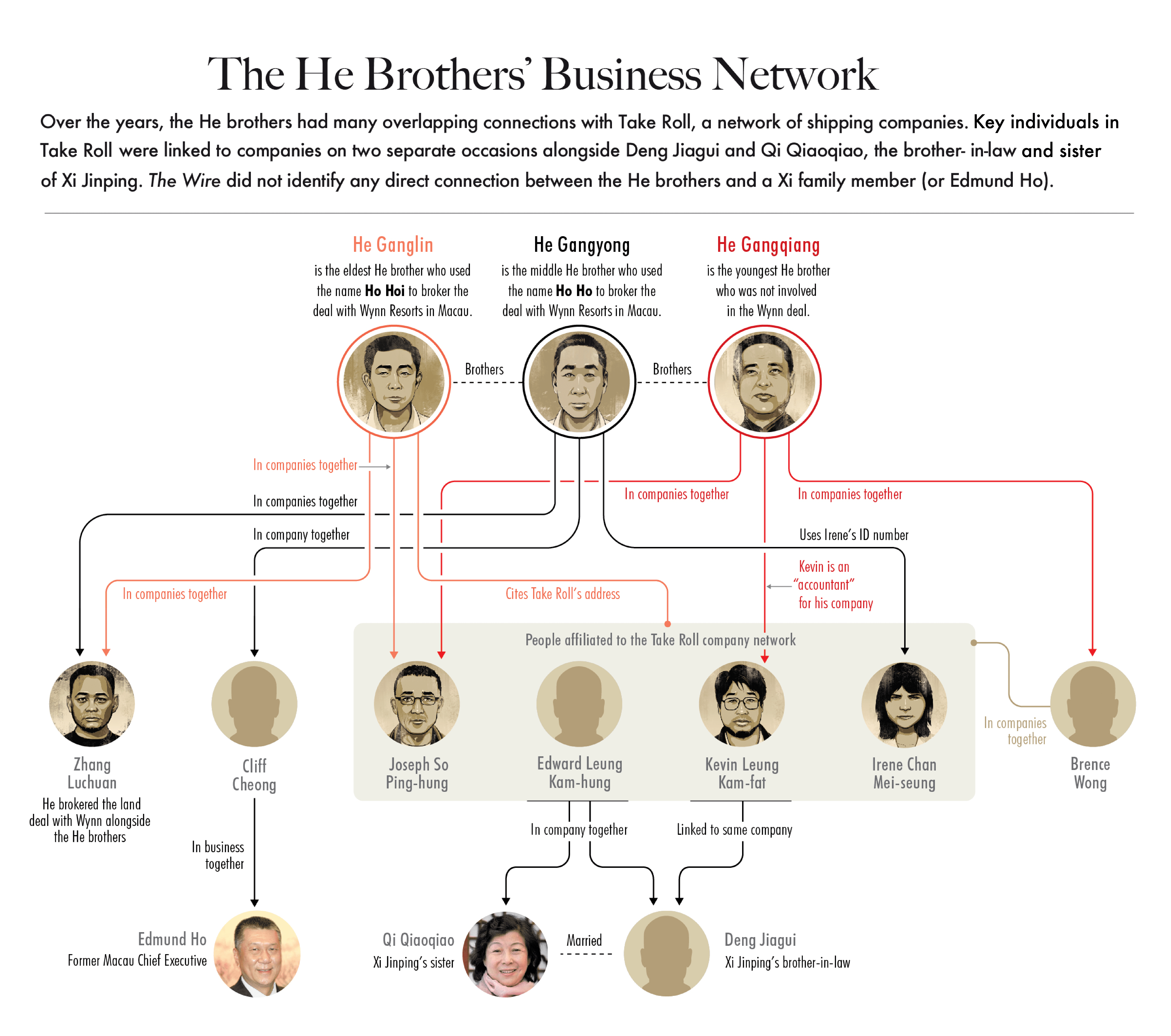
Throughout the 1990s and early 2000s, He Gangyong seems to have kept a relatively low profile. His only public-facing role came when he joined the China Association for the Promotion of Investment — an organization that counts former senior trade and banking officials as its members and is overseen by the National Bureau of Statistics, according to Chinese government documents.12His blog says he joined the association. And in the early 2000s, he pivoted toward the technology sector in mainland China, according to WireScreen. It is unclear exactly what his tech companies did and whether they were successful — they are all now closed — but some had millions in registered capital and some were set up alongside He’s brothers and Zhang Luchuan, the third stakeholder with Ho Ho and Ho Hoi in the Wynn deal.
Zhang Luchuan did not reply to multiple calls, WeChat messages and email messages from The Wire. But Zhang’s corporate records indicate that he may have known He Gangyong through the military. In his Macau and mainland China filings, Zhang cites an address linked to the Political Department of the People’s Liberation Army (PLA), according to online sources. One mainland filing, which was reviewed by The Wire, even includes a PLA seal next to the address.
Why two military-linked men would be interested in opening a Taiwanese guest house in Macau remains a mystery, but what is clear is that He Gangyong’s timing was impeccable. In 2001, one year before Beijing broke up the entrepreneur Stanley Ho’s monopoly of Macau to other companies, He Gangyong received a Macau residence card as Ho Ho.
Only a few years later, in 2005, he registered Chinese Entertainment and Investment Company (CEIC) as a Macau company, and in yet another indication of He’s excellent constellation of contacts, CEIC was set up with13CEIC was 90 percent owned by “Ho Ho” and 10 percent owned by Cheong. Cliff Cheong, the former business partner and longtime friend of Macau’s chief executive, Edmund Ho. Cheong told The Wire that he can’t recall who introduced him to Ho Ho — who he recognized in a photo of He Gangyong — and said that he doesn’t know anything about his background.
Edmund Ho then orchestrated He’s introduction, as Ho Ho, to the U.S. gambling tycoon Steve Wynn, who was eager to build a new casino on Macau’s Cotai strip.
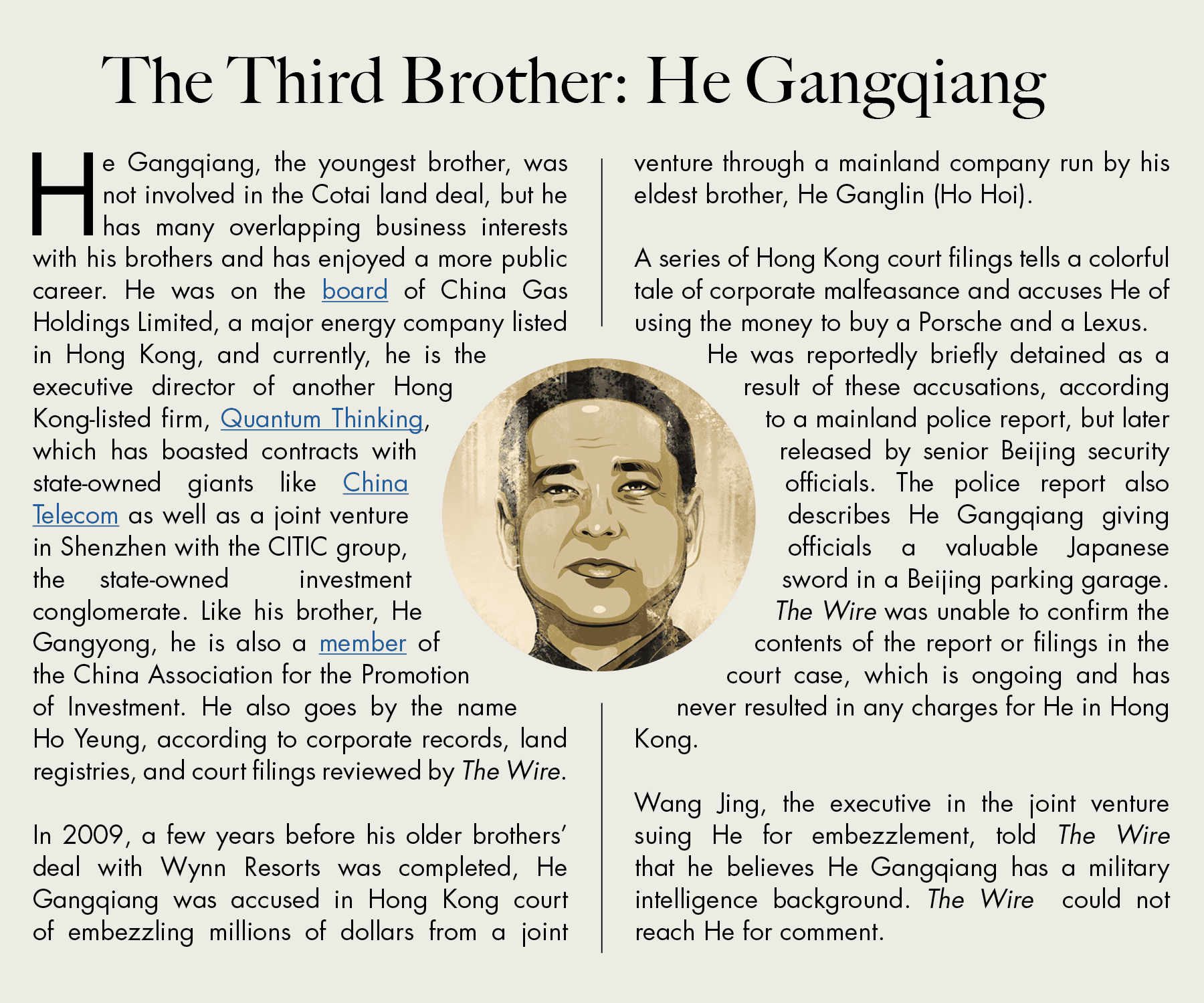
‘LISTEN TO WHAT OLD MR. HE SAYS’
Just last month, there was cause for celebration at Wynn Resorts. Along with the five other casino companies in Macau, Wynn Resorts won a provisional license to keep operating for 10 more years, with final negotiations expected this month. In the week after the announcement, Wynn Resorts stock price surged 13 percent and headlines hailed the news as a victory for the six incumbent concessionaires.
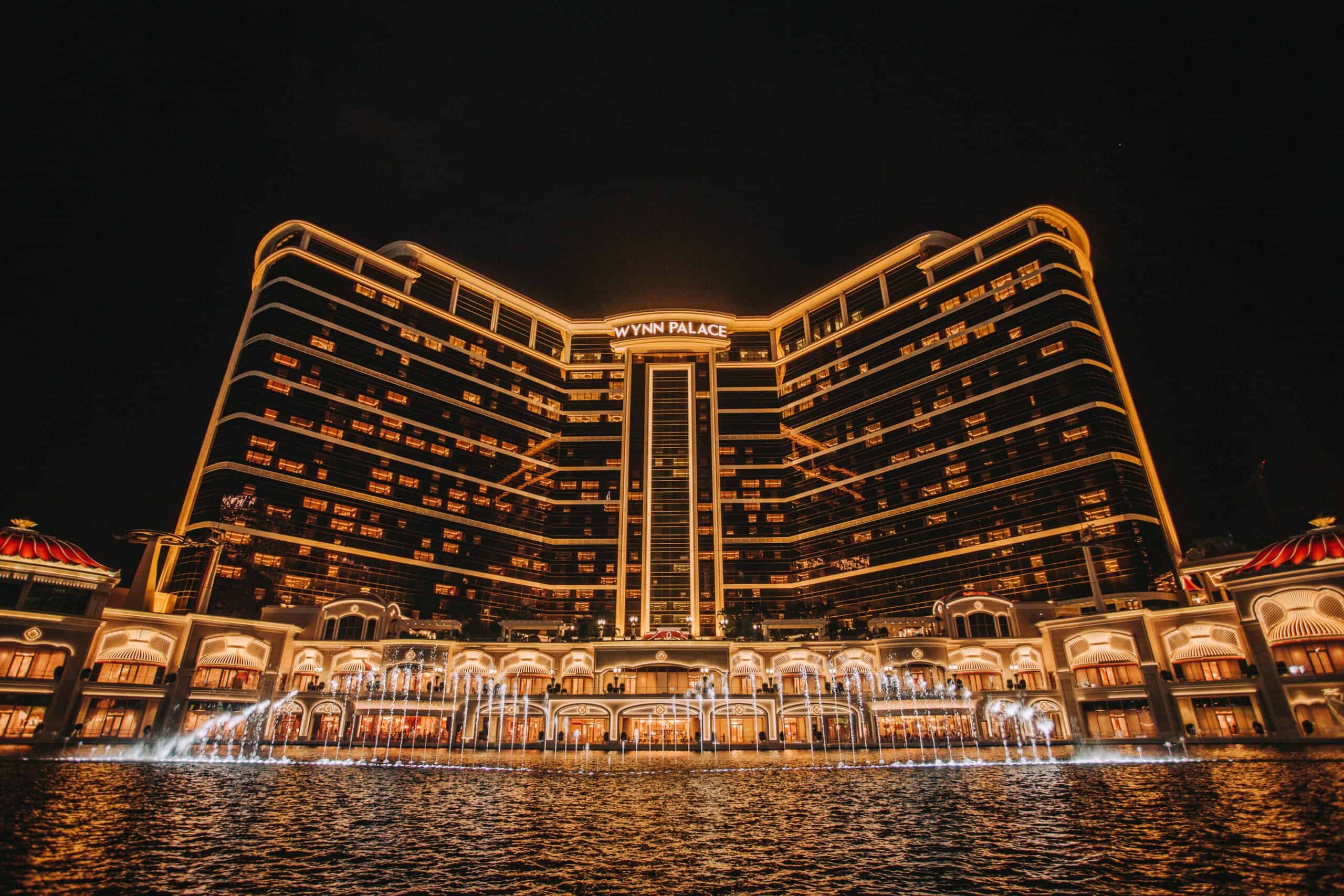
But today’s Macau is very different from the island that granted Wynn its original concession two decades ago. Its gaming sector has experienced a steep decline both because of Covid-19-related travel restrictions14Macau’s restrictions have remained largely in line with China’s zero-Covid strategy but allow mainland Chinese to visit without a quarantine. and Beijing’s crackdown on junkets — which peaked with last year’s arrest of the island’s most prominent junket boss, Alvin Chau. Beijing has indicated repeatedly that it wants Macau to focus less on V.I.P. gambling, and more on other types of tourism, which has not been Wynn’s specialty.
“The government constantly wants less and less gaming,” says Alidad Tash, a Macau-based casino analyst. “Wynn, being built for luxury, doesn’t want to add things for the masses.”
In a sign of the tough times, Wynn Resorts committed to extend a $500 million loan to Wynn Macau in June. Last year, the company’s U.S. revenues were 45 percent more than its Macau revenues — a complete flip of pre pandemic trends.
Adding to the uncertainty in Macau for Wynn Resorts, a new gaming law, which was passed this summer, reduces the length of the upcoming concessions to 10 years from 20 and clearly stipulates that the concessions can be taken away at any point on national security grounds.
“That power was never explicit in the past,” says Tash. “There is far more leverage. They can shut you down. That is a scary part for the casino owners. National security is a trump card.”
Even after the provisional license was awarded to Wynn, the company was greatly bothered by The Wire’s questions about the Cotai land deal. A spokesperson for Wynn Resorts told The Wire, “These same allegations have been fully investigated by law enforcement and government agencies across many jurisdictions, including the United States, without any finding, or even suggestion, that Wynn Macau did anything improper in connection with securing a Cotai land concession.”
Wynn Resorts, for its part, seems to be remaking itself in an effort to keep up with the changing environment in Macau. This summer, two of the company’s Macau executives announced they would leave their roles, including the president of Wynn Macau and Wynn Macau’s chief operating officer. Wynn Resorts is also adding a chief marketing officer to its team in Macau.
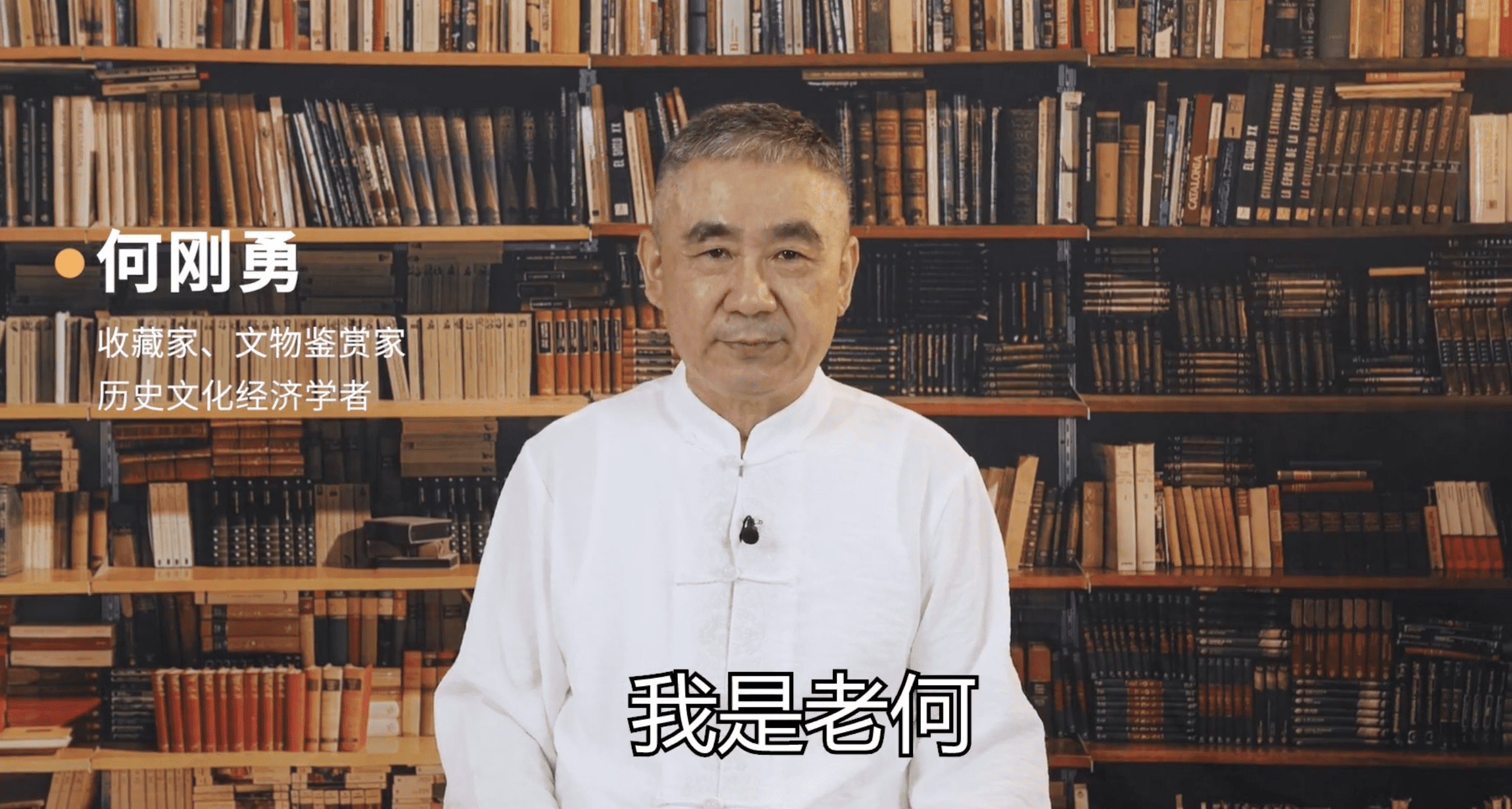
Meanwhile, the man who facilitated Wynn’s most ambitious project in Macau seems to hardly think of the island anymore. Now 69 years old, He Gangyong seems to spend much of his time on Douyin, the Chinese version of TikTok, where he frequently posts videos under the name “Listen to what Old Mr. He Says.”
His bio describes him as a collector and cultural relic connoisseur, and his account says he is located in Guangdong, a coastal province in China bordering Macau. He’s videos often show him wearing a white, traditional Chinese shirt and sitting in front of a large bookcase as he expounds on Chinese military history and cultural heritage; recent topics include the Opium Wars and Qing Dynasty porcelain.
He’s role in Macau’s incredible transformation was almost lost to history, yet in his online posts, he often comments about the importance of learning from the past and remembering the individuals who have “disappeared from people’s sight.” Trying to see them in the historical record, he says, is like looking at “flowers in the fog.”

Katrina Northrop is a journalist based in Washington D.C. Her work has been published in The New York Times, The Atlantic, The Providence Journal, and SupChina. @NorthropKatrina

